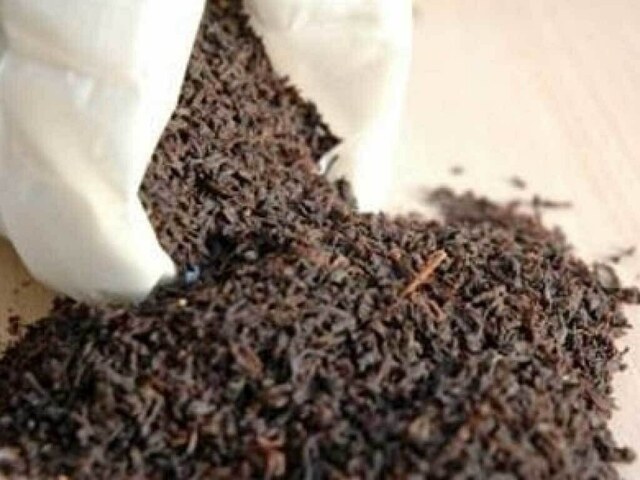PESHAWAR: Traders associated with the tea sector have raised serious concerns over imposition of minimum retail price (MRP) on the legal import of black tea.
They stressed the need for pragmatic steps for diversification, modernisation, quality improvement and formulation of a proper mechanism to overcome the issues related to the tea sector.
These issues were discussed during a meeting of tea traders and importers chaired by Sarhad Chamber of Commerce and Industry President Junaid Altaf upon the visit of the Vice President of the Federation of Pakistan Chambers of Commerce (FPCCI) Aman Paracha upon to the Chamber House.
In his opening remarks, the SCCI chief informed about the issues associated with the tea sector, especially frequent closure of borders, policy and administration drawbacks, and others. He said the KP is far away from seaport due to which traders were being faced with multiple issues and cost of doing business has increased amid fresh wave of terrorism, natural calamities and anti-business/ trade policies.
The chamber president called for concrete measures for proper branding, packing of tea and issues associated with this important sector which has enormous contribution in economic growth, business and employment throughout the country.
However, FPCCI VP Aman Paracha acknowledged that the KP has suffered immensely owing to terrorism, floods and other major reasons that has brought sluggishness in business, trade and export.
He stressed the need of offering a special financial relief package and special incentive to revive business and industry in the war-torn KP region.
He said the tea sector has suffered a lot due to countless factors and hurdles that have highly perturbed the traders and importers.
Regarding the imposition of MRP on import of tea, Paracha said MPR has become awful for the traders because MRP cannot be imposed on bulk of tea import. He stated this issue has proactively taken up with authorities concerned and hoped efforts are under way to abolish this MRP.
Copyright Business Recorder, 2025


